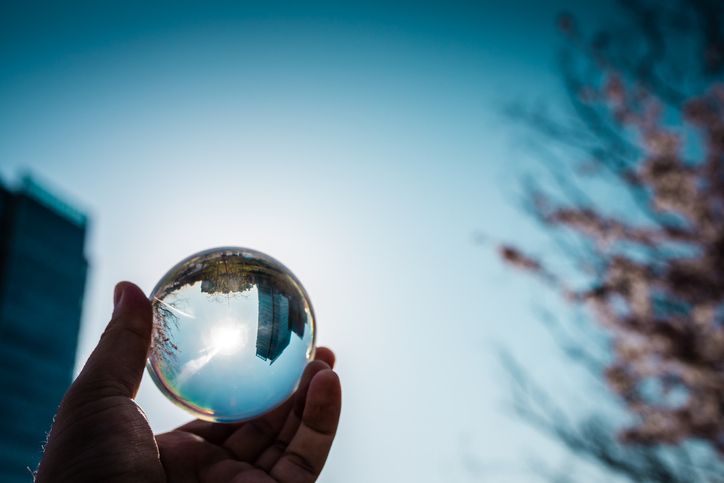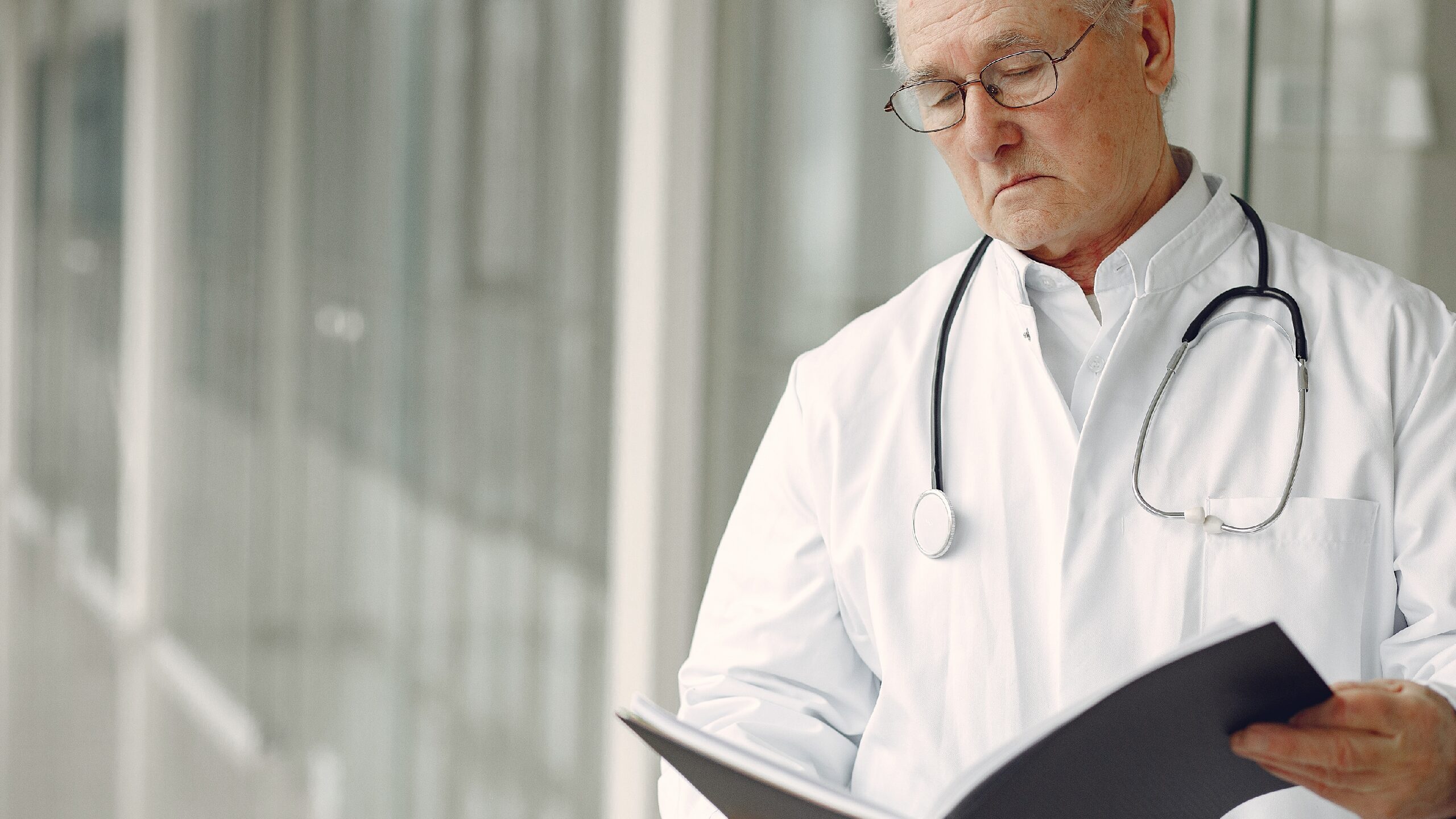When physicians see patients with certain symptoms, exam findings, or test results, we automatically begin to make predictions about what is wrong with them, what the best treatment options would be, and what their likely response will be. But when I look at the bigger picture, I’m coming to realize more and more, that I just don’t know.
I have people in my social circle who are frequently asking me what’s going to happen with COVID-19, and my best answer, is: I just don’t know.
- I don’t know if it’s going to continue to decline.
- I don’t know if it’s going to surge again this summer with our more open economies.
- I don’t know if it’s going to come back and be worse in the fall (whether it slows down/stops now or not).
- I don’t know if it’s going to come back next year after it’s finished with whatever it’s going to do in 2020.
- I don’t know if people who’ve been infected are going to be immune (short term or long term). I don’t know if there’s going to be a vaccine anytime soon, and I don’t know how effective it will be.
- I don’t know how many people would even take it given the state of anti-vaccine sentiment in this country.
- I don’t know what’s going to happen with sporting events.
- I don’t know if school is going to start up again in the fall for the kids.
The depth and breadth of my ignorance has finally taught me one thing: it is time to stop trying to predict the future.
- Every day is a new day, and more information presents itself.
- Take the things you’ve learned up until now and add new pieces of data to the list when they come up.
- Make your plan but understand that it’s almost certainly going to have to change, because the future isn’t going to look exactly like you predicted.
- Plan for worst case scenarios, but don’t obsess over them (they probably won’t happen).
- Hope for best case scenarios, but don’t get locked into believing in them (they probably won’t happen).
- Be thankful for the things that are going well for you and do what you can to alleviate the suffering of those who aren’t doing as well.
I know that living in the moment, feeling gratitude, and helping others aren’t unique new insights (look to the Stoics and Epicureans, or the Buddhists, or many other faith traditions for examples), and it’s something that’s I’ve probably known my whole life, but it feels more real now. Being on the front lines of a pandemic really makes one look at what is, and what is not, in one’s control, and understand the limits of our abilities in a very real way.
Even though this is easier said than done in medicine.
Get the latest updates and news delivered to your inbox.
Subscribe to our newsletter today.





